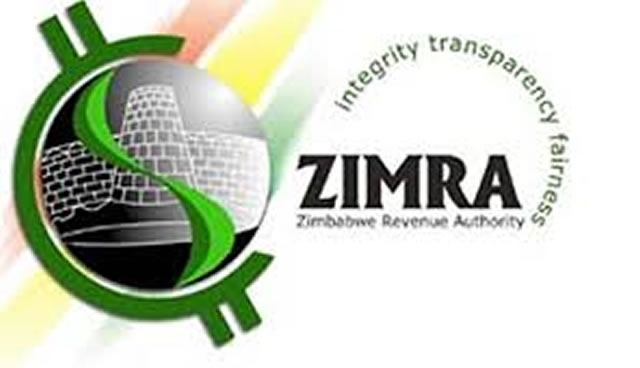EDITORIAL COMMENT: Name and shame strategy must be all-encompassing

President Robert Mugabe has approved a law that authorises the Zimbabwe Revenue Authority (Zimra) to publish the names of institutions and people convicted of failure to pay tax.
He signed the Finance Act into law on Friday. It amends a section of the Revenue Authority Act to permit Zimra to publish the names and addresses of tax offenders.
The amendment represents an escalation of the government’s measures to collect taxes amid the prevailing economic challenges that have impaired companies’ and other taxpayers’ ability to pay tax.
“Despite anything in this section,” part of the amended Revenue Authority Act reads, “the Commissioner-General may, in relation to a taxpayer or other person who is convicted of a tax offence — (the offender) in respect of which all appeal or review proceedings relating to the offences have, within the period allowed, been completed or not instituted (or, having been instituted, have been abandoned), publish for general information the following particulars — the name and at area of residence of an offender; and any particulars of the offence that the Commissioner general thinks fit; and the particulars of the fine or sentence imposed on the offender; any other particulars specified in the first schedule.”
The law defines a “tax offence” as smuggling or any other offence against any of the eight listed legislation. The laws covered are the Betting and Totalisator Control Act; Capital Gains Tax Act; Customs and Excise Act; Income Tax Act; Income Tax (Transitional Period Provisions) Act; Stamp Duties Act; Tax Reserve Certificates Act and Value Added Tax Act.
The enactment of the new law came a few weeks after Finance and Economic Development Minister Patrick Chinamasa said publishing the names of tax offenders could enhance efficiency in Zimra operations and improve compliance to legislative requirements by taxpayers.
We agree that a name and shame approach can be useful in urging taxpayers to respect the law by paying the State its dues. Publishing the names of tax evaders can create a stigma on the named persons or companies that embarrasses them and to avoid that embarrassment, they settle their tax obligations.
We understand that naming and shaming offenders is only a part of a raft of strategies that Zimra is implementing to ensure compliance.
The tax collector has already been implementing drastic measures to that effect, a policy that can be described as a carrot-and-stick one.
Last year Zimra instituted a tax amnesty under which companies that had outstanding tax obligations since the beginning of February 2009 to September 30, 2014, could approach the tax collector. They fill in forms declaring what they owe and Zimra would waive penalties and interest on the outstanding bills. They have until the end of this year to pay up or risk incurring heftier bills under which the interest and penalties are restored and fall due immediately.
We regret that the uptake has generally been poor according to updates we had from Zimra around mid-year but hope it has improved as the deadline approaches. This has been the carrot side of the approach.
The stick side of it has seen Zimra issuing garnishee orders against companies who are not up to date with their tax obligations. In this respect, Zimra raids bank accounts of the transgressing firms and seize any deposits held there. This has boosted collections, but left companies seething.
There is also a plan to ensure that the informal sector also pays tax. This must work because this is the area where the economy has seen commendable growth. Because of the nature of our informal sector, subjecting traders in this area to tax will not be easy. However, our economic circumstances demand that everyone who earns an income contributes directly to the fiscus by way of paying tax.
A number of countries including India, South Africa and Britain have laws that permit their revenue collectors to name chronic tax offenders.
There are weaknesses to the strategy, however.
Some firms and people might not view their names being published as strong and stigmatising enough to force them to pay tax.
Also, the British experience has seen only smaller businesspeople like plumbers, hairdressers and green grocers being named and shamed with huge corporates owing larger sums of money being protected. At the end of the day, only small amounts of money are raised while the rest remains locked up in conglomerates’ vaults.
Nonetheless, we expect the new tactic to work in the broader context of others that Zimra is using to ensure tax compliance.









Comments